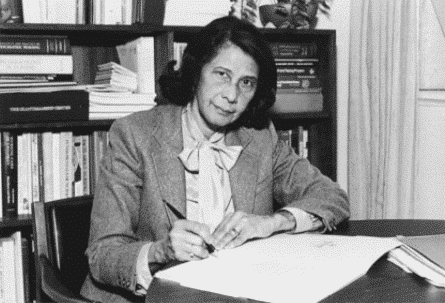Who should receive the resources available to organizations interested in promoting democratic discussion? It’s an important practical and moral question, regardless of the size of the organization. It’s also inescapable, involving what IF’s founder Jay Stern never tired of calling “the necessity of choice.”
One way of answering that question would be to follow one of the many well-known principles of distributive justice. Discussion opportunities could, for example, be distributed according to merit, need, perceived contribution to others’ welfare, or a simple lottery.
Another and probably better way of answering the question is to ask what democracy, rather than an abstract rule of justice, requires. Those who spend their working lives thinking about democracy will tell you that democracy can mean many things. (I know; I used to do so and said this all the time.) But they will also tell you that since the late 17th century at least, democracy has meant not simply “rule by the people” (as it did for the ancient Greeks) but something far more robust, namely: “equal opportunity to rule.” Apply that understanding to discussion, and you get “equal opportunity to discuss.”
Equal discursive opportunity is the principle best suited to those doing practical work in the field of democratic discussion, dialogue, and deliberation. Like all moral principles, it is an ideal that can only be approximated in practice. But like all ideals, it should guide practice, lest practice degenerate into aimless flailing—or worse.



